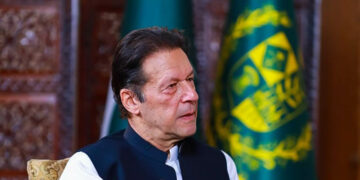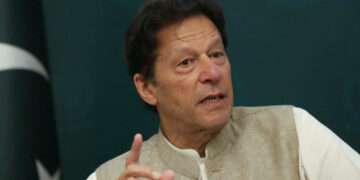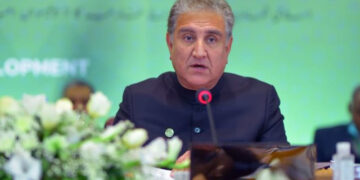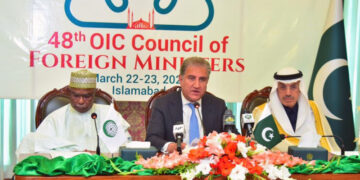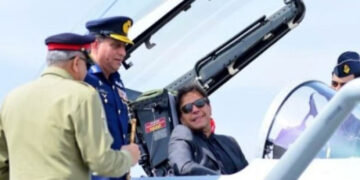With the elevation of the judge who headed the special court formed to try retired General Pervez Musharraf for treason, there is uncertainty about the fate of the three-judge special court.
[contentblock id=1 img=adsense.png]
On Wednesday, a meeting of the Judicial Commission (JC), chaired by Chief Justice of Pakistan Anwar Zaheer Jamali, proposed the elevation of Sindh High Court Chief Justice Faisal Arab — who heads the special court — as a judge of the Supreme Court.
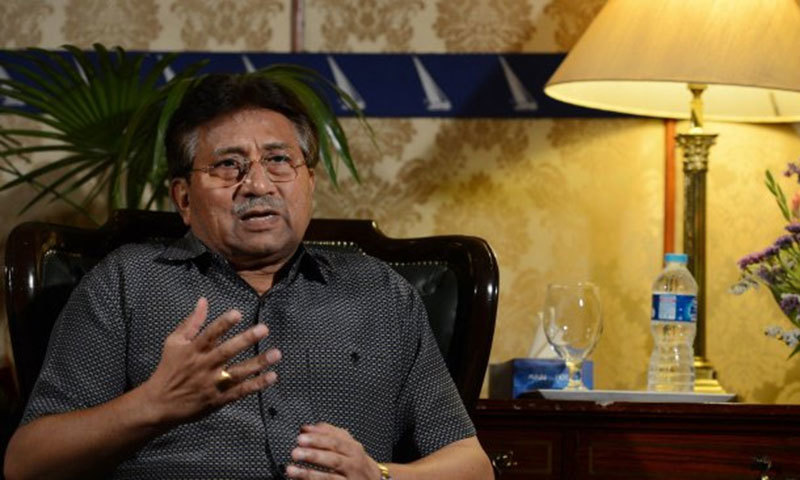
The meeting, which was also attended by Law Minister Pervaiz Rashid and Attorney General Salman Aslam Butt, also decided to appoint Justice Sajjad Ali Shah as the new chief justice of the Sindh High Court. But Justice Arab’s elevation has divided legal experts who are curious to find out if the same tribunal will continue proceedings against Gen Musharraf, or a new forum will have to be constituted to hear the case.
[contentblock id=1 img=adsense.png]
“This raises an interesting and complex proposition,” said Ahmer Bilal Soofi, an expert on international law. He believed that the government has to reconsider the constitution of the bench and will also have to examine whether or not the trial should commence afresh. The constitution of the special court was notified by the federal government on Nov 19, 2013 under Section 4 of the Criminal Law Amendment (Special Courts) Act, 1976, to carry out the trial under Article 6 of the Constitution, which deals with high treason. This was done because no other court enjoys the exclusive jurisdiction to try any individual for treason. Apart from Justice Arab, the special court consisted of Justice Syeda Tahira Safdar from the Balochistan High Court and Justice Yawar Ali from the Lahore High Court.
[contentblock id=3 img=adsense.png]
In former additional attorney general Tariq Khokhar’s opinion, the special court has become non-functional and needs to be reconstituted. Chaudhry Faisal Hussain, who was part of the legal team defending Gen Musharraf, recalled that a Nov 11 judgment of the Islamabad High Court had ordered the government to start the investigation into the treason charges afresh, adding that the government had no choice but to send the probe back to the investigation agency. Therefore, the utility of the special court had already ended, he said.



